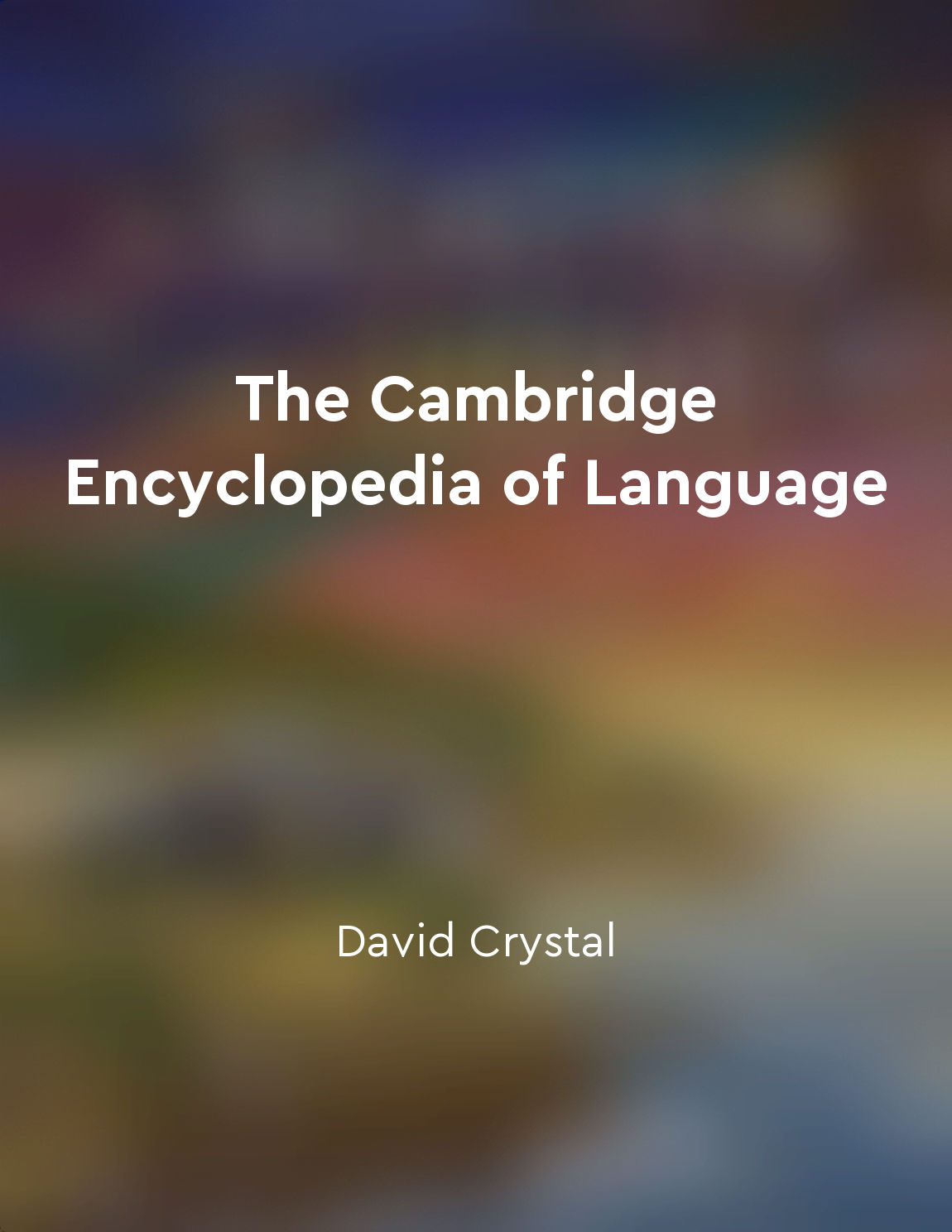Audio available in app
Language shapes our relationship with the natural world from "summary" of Braiding Sweetgrass by Robin Wall Kimmerer
Language, as Kimmerer beautifully explains, is not just a means of communication; it is a way of shaping our understanding of the world around us. The words we use to describe the natural world can either enhance our relationship with it or create a sense of distance and disconnect. When we use language that is rooted in gratitude, reverence, and reciprocity, we are more likely to see ourselves as part of a larger, interconnected web of life. By using terms like "Mother Earth" or "Grandmother Cedar," we are acknowledging the inherent value and wisdom of the natural world. These terms not only reflect a deep respect for the earth and its beings but also convey a sense of kinship and belonging. In contrast, when we refer to nature in more utilitarian or objectifying terms, such as "natural resources" or "raw materials," we reduce the complexity and richness of the natural world to mere commodities to be exploited. Kimmerer emphasizes the importance of reclaiming and revitalizing Indigenous languages to restore a more harmonious relationship with the earth. She explains how Indigenous languages often contain words and concepts that are more attuned to the interdependence and reciprocity inherent in nature. By incorporating these languages into our everyday conversations and interactions with the natural world, we can begin to shift our perspective and cultivate a deeper sense of respect and care for the earth. Furthermore, Kimmerer highlights the power of storytelling in shaping our relationship with the natural world. Through stories, we can transmit knowledge, wisdom, and values from one generation to the next. By sharing stories that celebrate the interconnectedness of all life and the importance of reciprocity, we can instill a sense of stewardship and responsibility towards the earth in future generations.- Kimmerer's exploration of how language influences our relationship with the natural world serves as a powerful reminder of the profound impact our words and narratives can have on our perception of and interaction with the earth. By choosing our words thoughtfully and intentionally, we have the opportunity to cultivate a more respectful, reciprocal, and sustainable relationship with the natural world.
Similar Posts

Language learning can enhance cognitive skills and critical thinking abilities
One of the key benefits of language learning is its positive impact on cognitive skills and critical thinking abilities. When i...
Collective action is needed for a thriving Anthropocene
The Anthropocene is the age in which humanity has become the dominant force shaping our planet. As we continue to alter the Ear...
Living in harmony with the Earth's ecosystems
Living in harmony with the Earth's ecosystems requires a fundamental shift in our understanding of our relationship with the na...

Trees have unique personalities and characteristics
Trees are individuals, each one with its own distinct identity and essence. They are not simply part of a homogeneous mass, but...
Plants and animals are deserving of respect and honor
The idea that plants and animals are deserving of respect and honor is deeply rooted in indigenous wisdom, which recognizes the...
Earth as a source of inspiration and renewal
The Earth, with its vast and diverse ecosystems, has the power to inspire us and renew our spirits. When we immerse ourselves i...
Human impact changing the natural world
The undeniable truth of our time is that humans have altered the natural world in ways never before seen. Our impact on the pla...
Preserving biodiversity and ecosystem integrity
Preserving biodiversity and ecosystem integrity is a fundamental aspect of our existence on this planet. It is not merely a mat...
Children need opportunities to explore and interact with the natural world
In today's rapidly advancing world, children are spending less time outdoors and more time in front of screens. This shift in b...

